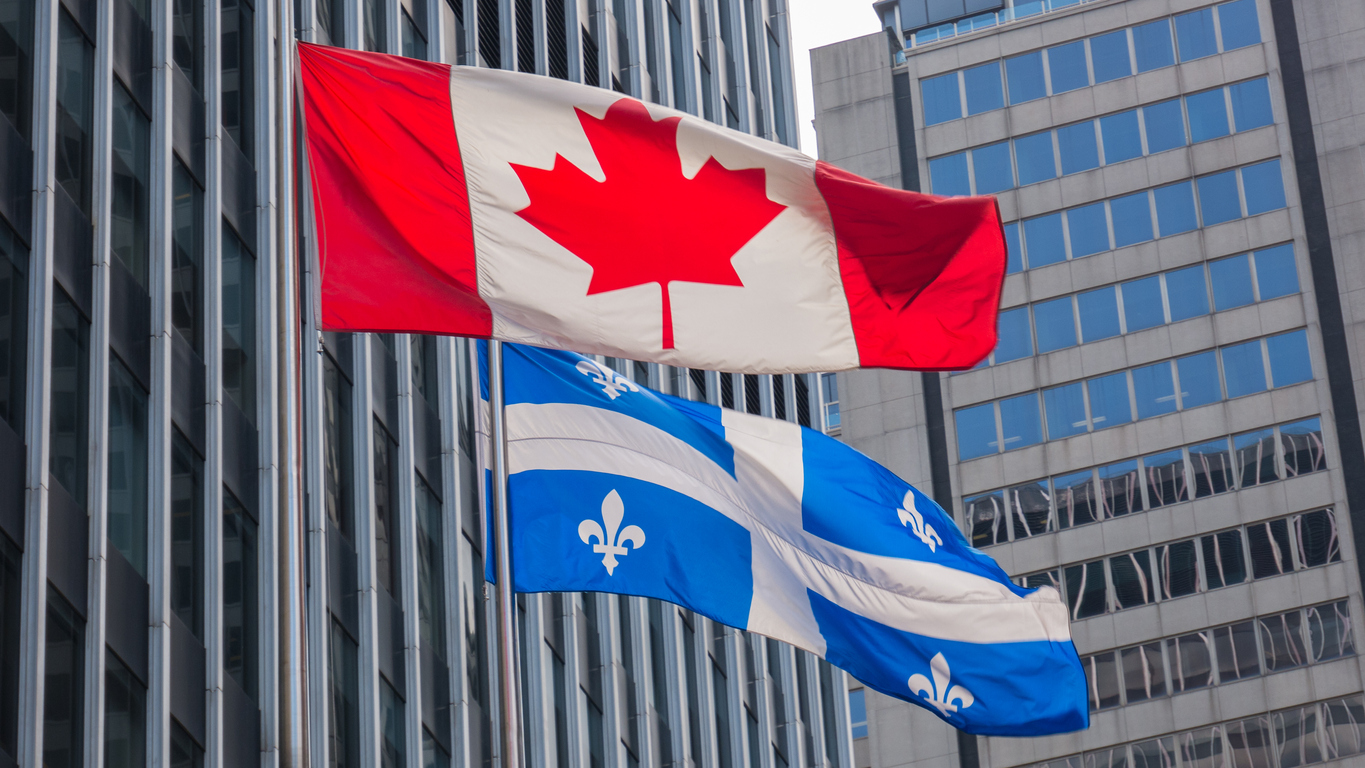Five key principles
Below is a summary of the test’s five main principles:
1. French is the first language of Quebec
Quebec is the only town in North America where the majority speaks French. The government wants to protect, promote quality and preserve French as the province’s common language. Immigrants must learn French to help in getting accustomed to the local community.
2. Quebec is a democratic society
Quebec holds elections to vote in members of the legislative assembly. A contested election can have its votes recounted. Any Canadian is free to participate in a political party’s activities, including vying for an elective post. Political activity in Quebec, including control of expenses and financing, is free, fair and transparent. The city safeguards freedom of press, expression and association.
3. Gender equity
Both men and women in private and public life in Quebec have equal rights, responsibilities and freedoms. Same-sex marriages are allowed in Quebec. It is, however, illegal to get married without having dissolved earlier marriages.
4. Quebecers’ rights and responsibilities
Every individual, corporate body and Quebec’s government must adhere to the Charter of Human Rights and Freedoms. Everyone is entitled to fundamental rights, including the right to personal liberty, life, security, privacy and integrity, among others.

5. Quebec is a secular society
Religious powers do not bind Quebec in making laws. During the past spring, the city enacted a law that bars people in authority, including prosecutors, police officers and teachers from wearing religious symbols that conceal their faces. The law is to help in security verification. However, people already working in such positions before March 27, 2019, are exempted from the law.
Quebec is a uniquely North American jurisdiction where secularism is entrenched in law.






